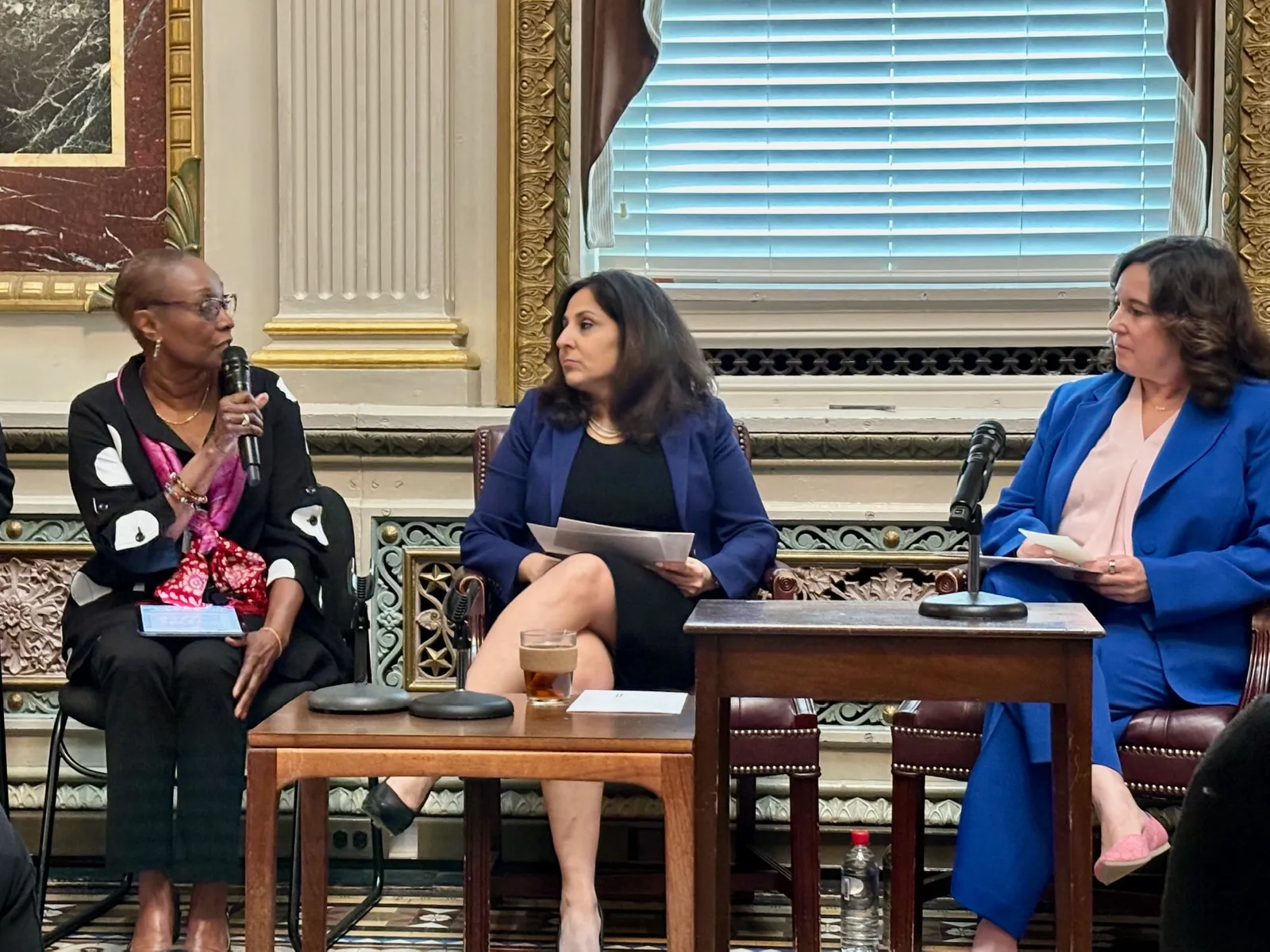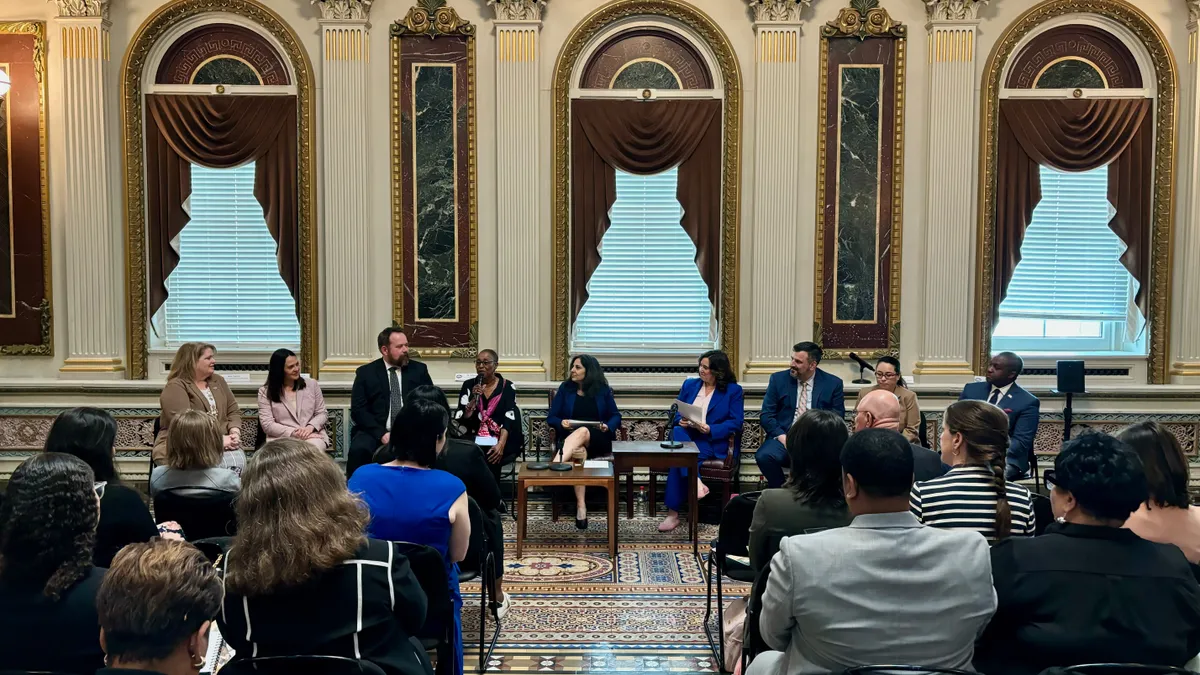WASHINGTON — School district leaders are being urged to ramp up high-quality summer learning programs by offering rigorous and engaging courses and by tapping into remaining COVID-19 emergency funds and other federal monies, said White House and U.S. Department of Education officials at a convening Wednesday.
Districts should "redouble your efforts and your commitment" to ensure all students have access to summer learning, said Cindy Marten, deputy secretary at the Education Department, to about 50 educators, advocates, local government administrators and college and nonprofit leaders.
During the event, leaders from Tuscaloosa City Schools in Alabama and Rochester City School District in New York spoke about their experiences scaling up learning over the summer months.
In Rochester, summer programs are offered at 26 sites across the city in partnership with 14 community-based partner organizations. The offerings provide academic and enriching experiences, as well as transportation and meals for participating students, said Superintendent Carmine Peluso.
Liliana Ruiz, director of special projects for the Office of Mayor in Rochester, highlighted a "cradle to career" approach to engage all young people over the summer months. At the elementary level, the offerings include hiking, biking and book clubs. For high schoolers, there are workforce development opportunities to help students earn income, Ruiz said.

In Tuscaloosa, the district has made summer learning a core strategy for addressing achievement gaps. It also wanted to remove barriers to make summer offerings accessible to students who would benefit the most, said Andrew Maxey, the district's director of strategic initiatives.
The summer program is free for students, and transportation and meals are provided. "We can't afford not to do this work," said Maxey, emphasizing other benefits summer programming provides, like access to school nurses and physical safety.
"I can't think of who in our city doesn't benefit from summer learning," he said.
Finding funding support
The gathering came two days after President Joe Biden presented a fiscal year 2025 spending plan seeking $8 billion for a new Academic Acceleration and Achievement grant program. Specifics of that program are still being crafted, but it's expected to target state and district initiatives to boost attendance, tutoring and summer and extended learning.
Biden also touted tutoring as a best practice for raising achievement levels during his State of the Union address March 7.
"One of the things that we're really trying to highlight, or try to highlight in our event today on summer learning, was that these issues are very bipartisan and nonpartisan," said Neera Tanden, White House domestic policy advisor, speaking to reporters right after Wednesday's summer learning convening. "We find that when you talk to the country, people really understand the need for these investments."
In January, the White House and Education Department also teamed up to promote efforts to boost tutoring and summer learning, as well as to curb chronic absenteeism. Information about model programs and funding strategies were released at that time. For example, districts can look at federal formula funding programs like Title I Part A and Title II Part A allocations and competitive grants like Full Service Community Schools to help pay for expanded learning.
The calls for increased supports for learning come as states and districts wind down spending of their federal COVID-19 emergency funds, which in many localities were used to boost student achievement lagging in the wake of the pandemic.
A recent survey by the Association of School Business Officials International found the most common uses for the last of the pandemic aid are for learning recovery, mental health needs and access to technology. Survey results also showed that when it came to spending on academic recovery, the most popular strategy focused on expanding summer learning and enrichment programs.












